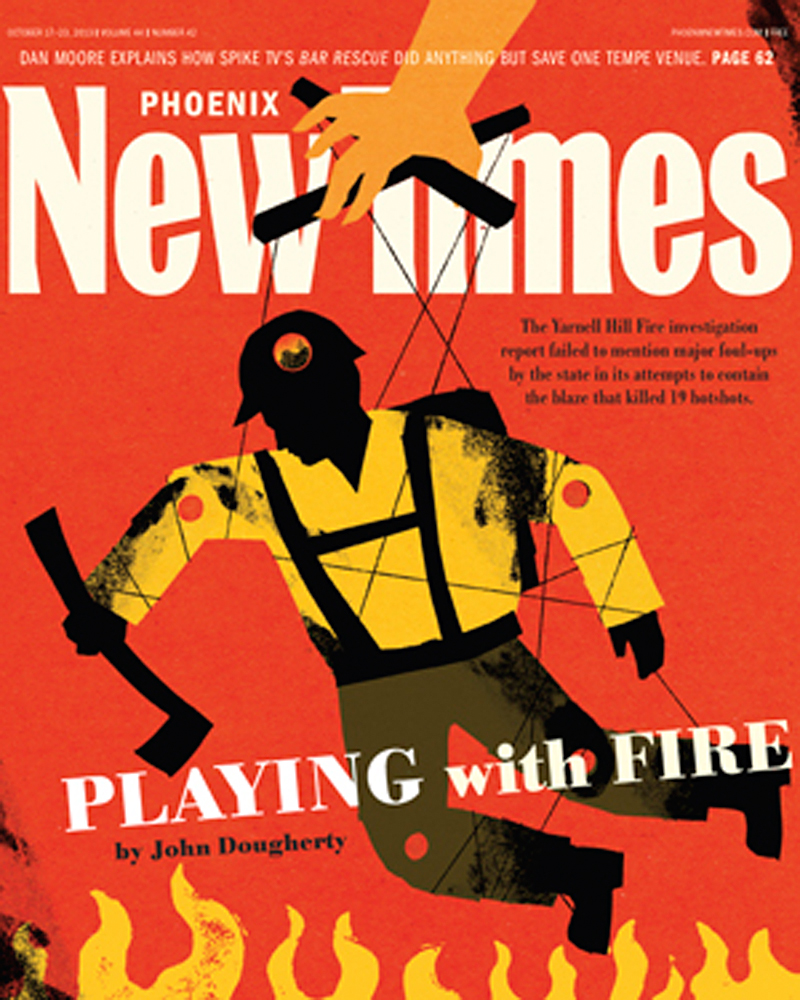
"In principle, we won't have to raise rates quite as high as we would have if (the banking crisis) hadn't happened," Powell said. In other words, if it’s tougher for consumers and businesses to borrow, that could lessen the need for more rate increases. The extent of these effects remains uncertain.” The Fed repeated that it will also consider the effects of the Silicon Valley Bank crisis, which has prompted banks to tighten lending standards and that’s likely “to weigh on economic activity, hiring and inflation. What happens to home prices?: How will the housing market be affected with the Federal Reserve interest rate hike? New mortgage fees: Mortgage fees are changing for homebuyers next month.

"That's a meaningful change, that we're no longer saying we anticipate" more hikes. But he pointed to the deletion from the statement of the guidance that further rate increases may be appropriate. Powell added the Fed didn't formally decide to pause its rate hikes. "We are prepared to do more if greater monetary policy restraint is warranted." "Our future policy actions will depend on how events unfold," Fed Chair Jerome Powell said at a news conference. Otherwise, they could bump up rates again despite the growing risk that the moves will trigger a mild recession later this year. Still, if inflation and the labor market show signs of cooling down sufficiently by the Fed’s mid-June meeting, as many economists expect, Fed officials appear inclined to halt the rate increases. That likely would have been a more emphatic preference for a pause. The central bank stopped short of stating that rates are probably high enough to lower annual inflation to the Fed’s 2% target, as some economists anticipated. Is a recession coming?: Is a recession coming? Most corporate economists don't see a slump happening within a year. See the surge in rates over time: Credit card, mortgage and auto: See how much Fed interest rates have affected how much you pay

How the rate hike will impact you: Federal Reserve's on track for one more rate hike. “In determining the extent to which additional policy firming may be appropriate to return inflation to 2% over time, the Committee will take into account” its rate hikes so far, the lags with which they affect the economy and inflation, and “economic and financial developments.” Instead, it said its policymaking committee “will closely monitor incoming information and assess the implications for monetary policy. In a statement after a two-day meeting, the central bank removed previous guidance that “some additional policy firming (rate hikes) may be appropriate” to lower yearly inflation to its 2% target.

The Federal Reserve raised its key short-term interest rate by a quarter percentage point Wednesday and signaled it could now pause if inflation continues to ease as expected. WASHINGTON − The Fed’s most aggressive rate-hiking campaign in 40 years may be history.


 0 kommentar(er)
0 kommentar(er)
